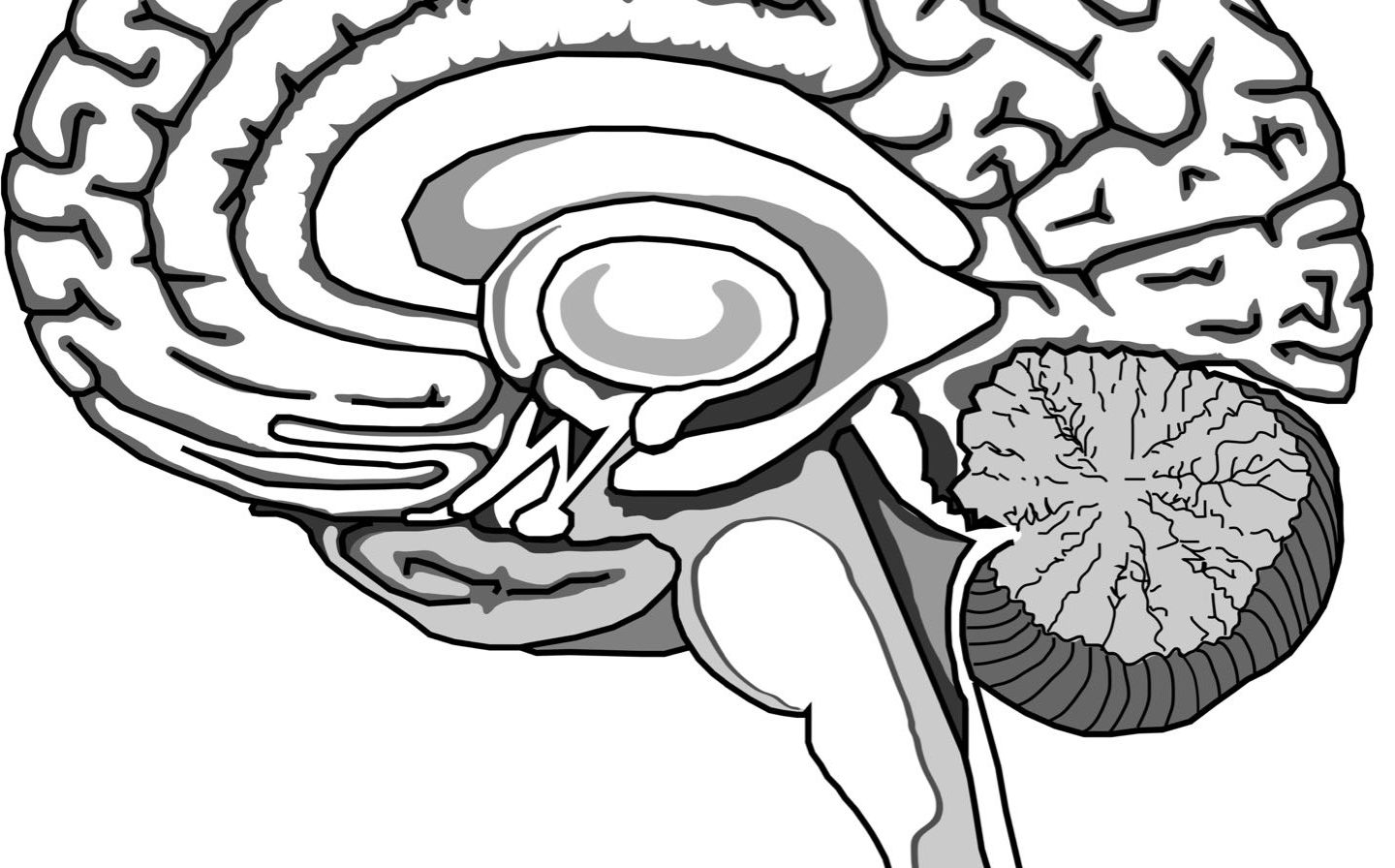Invariance and Causation by Absence
I am very pleased to contribute to this symposium on Causation with a Human Face (CHF). My commentary concerns chapter 6 of CHF, which uses the notion of invariance to shed light on various puzzle cases about causation. (See Jim’s post “Invariance and Distinctions Within Causation” for a summary of …





